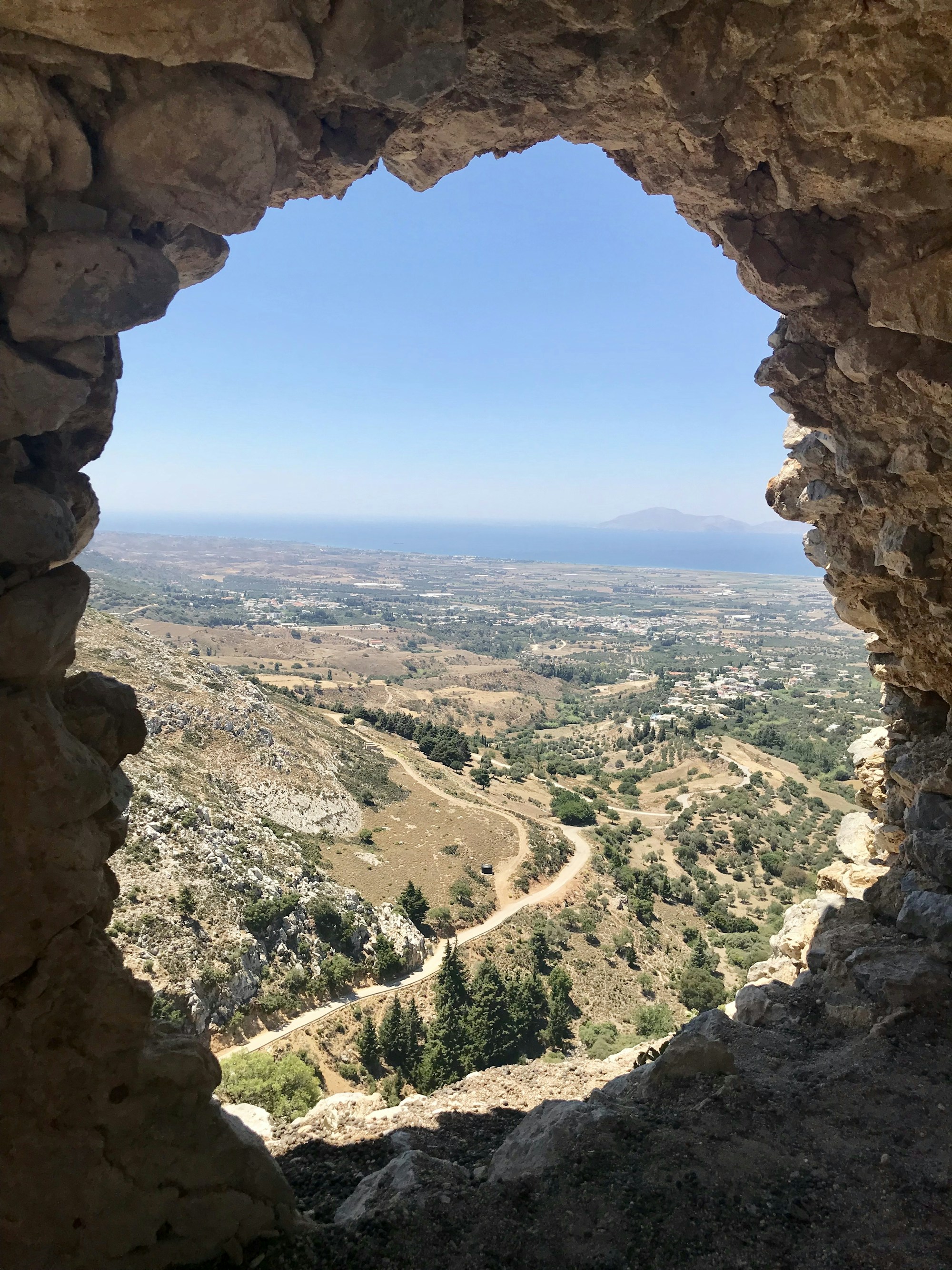Kos: Essential Travel Guide and Tips
Explore Kos, a Greek haven. Ideal guide for beautiful beaches, culture-rich towns, ancient ruins. Your ultimate travel experience!

Introduction to Kos
Kos is a Greek island, part of the Dodecanese island chain in the southeastern Aegean Sea. It’s recognized for its abundant sandy beaches and a rich history with numerous archaeological sites scattered across the island. From ancient antiquity to Italian rule, and with a dash of contemporary Greek charm, Kos is ready to enchant every visitor with its diverse offerings.
A Dive into History
With a history dating back to the 3rd millennium BC, Kos has passed through the hands of several leading civilizations. The island reached its peak during the 4th century BC, under the influence of the physician Hippocrates, often referred to as the ‘Father of Medicine’. The famous Asclepeion, an ancient healing temple, stands as a silent homage to Hippocrates and his contributions to medicine.
Other notable marks in the island's history involve Roman occupation, Byzantine rule, and the Venetian period. Memories of these historical epochs are scattered around Kos, offering plenty of exploration choices for history enthusiasts.
Culture and Traditions
Kos boasts a rich cultural scene encompassing music, dance, and traditional Greek customs. Cultural events often occur during the summer months, with local festivals or 'panigyria' being the highlight of the season. Visitors have the chance to partake in Greek folk dances, taste local culinary delights, and witness time-honoured traditions.
Religious Festivals
Religion plays a significant role in the social life of Kos. One of the most important religious events is Easter, celebrated with a host of unique customs. Other significant religious feasts include the Feast of the Assumption on 15th August, and the Feast of Agios Ioannis on 29th August with both feasts characterised by processions and traditional music and dance.
Interesting Facts About Kos
- Kos is often referred to as the "cycling island" due to its numerous cycle paths and routes across the entire island.
- The island is roughly in the shape of a dolphin, with its nose pointing towards Asia Minor.
- Kos is the birthplace of Hippocrates, considered the Father of Medicine.
- The Plane Tree of Hippocrates in Kos town is believed to be the oldest tree in Europe, with a possible age of 2400 years!
Venues to Visit
Some of the key attractions on Kos include the Nerantzia Castle, Asklipieio - the ancient center of medical science, the Ancient Market, Casa Romana, and the Hippocrates Tree. Numerous museums, such as the Archaeological Museum of Kos and the Folklore Museum, also offer a glimpse into the island's fascinating history.
Adventures and Activties
Adventure seekers have various outdoor activities to choose from, such as hiking, mountain biking, climbing, sea kayaking, and windsurfing. Kos is also home to beautiful beaches offering relaxation and an array of water sports.
After a long day of exploration, enjoy the vibrant nightlife at the countless bars, clubs and beach parties that Kos offers. The island has something for everyone, from quiet, stylish cocktail bars to pulsating dance clubs.
